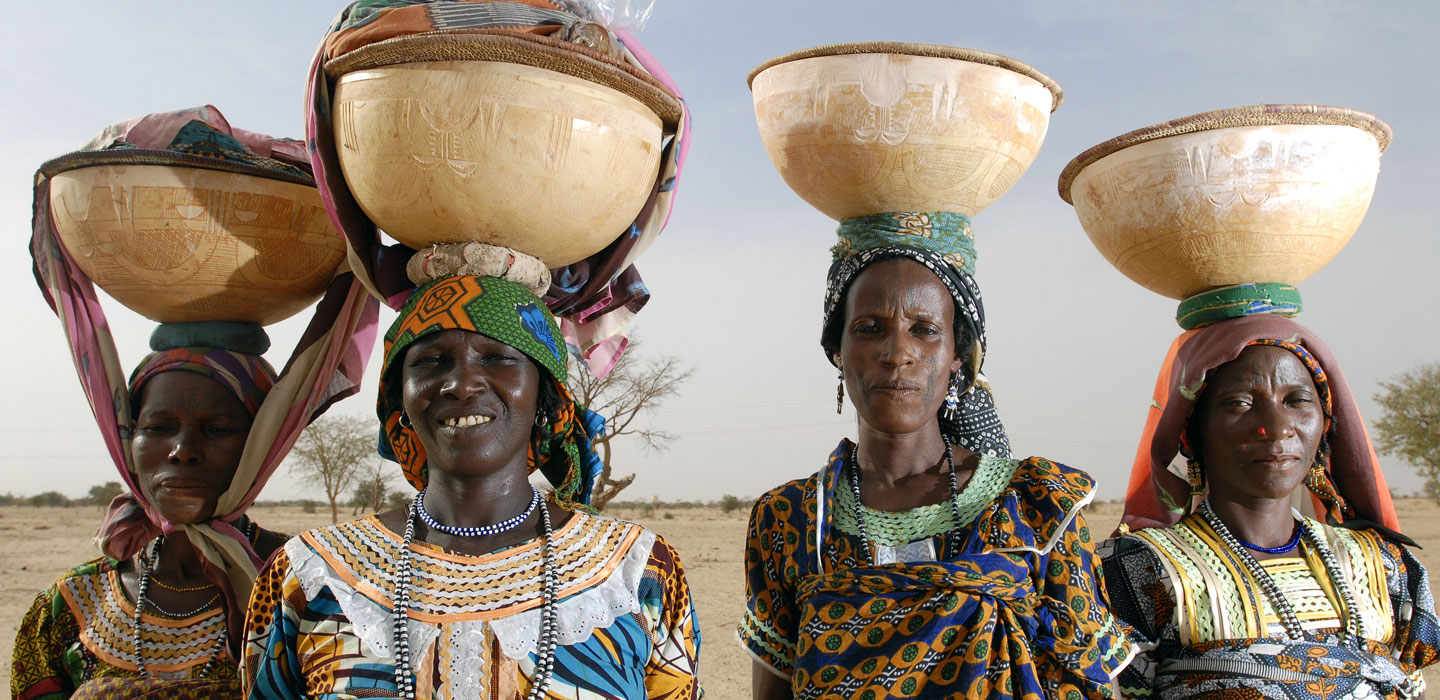Herramientas y Guías
Herramientas y Guías

Herramientas y Guías
Visualización del menú
Search Results Filters
Resultados de la búsqueda
Notas sobre cómo abordar la tenencia de la tierra en los proyectos FIDA en fase de diseño
This How To Do Note provides guidance on how to carry out a land assessment at the project design stage.
Through this assessment, it will be possible to identify key land tenure issues in the project area and to indicate how they can be resolved through project activities and interventions.
Notas sobre cómo abordar la tenencia de la tierra en las estrategias del FIDA en el país (COSOP-BR)
Lecciones aprendidas Derechos sobre la tierra y tenencia en el pastoralismo
This note highlights lessons learned on pastoralism land rights and tenure aiming to inform the design and implementation of country strategies and projects from the point of view of land tenure issues faced by pastoralists.
It also provides examples of how IFAD has dealt with some of these issues through its programmes and projects.
Caja de herramientas: La tenencia de la tierra en las operaciones financiadas por el FIDA
Lecciones aprendidas Apoyo a los y las jóvenes rurales en los proyectos del FIDA
El FIDA siempre ha adoptado un enfoque proactivo para la focalización en la población rural pobre de todas las edades, con el objetivo de reducir las desigualdades sociales y económicas que favorecen la aparición y la perpetuación de la pobreza.
Hasta hace relativamente poco tiempo, la atención prestada a las necesidades y vulnerabilidades específicas de los jóvenes1 era escasa, debido a que no se les consideraba partes interesadas por derecho propio, sino beneficiarios subalternos e indirectos, y por tanto invisibles.
Esta percepción ha cambiado de forma radical y los proyectos financiados por el FIDA cada vez incluyen más disposiciones explícitas para el desarrollo en favor de los jóvenes.
Lessons learned: Key performance indicators and performance-based agreements
regular and consistent manner. This note discusses the use of KPIs as well as the challenges associated with it. This discussion is followed by a review of the lessons learned by IFAD and other organizations, and concludes with strategic recommendations for follow-up.
Case study: Gender Action Learning System in Ghana, Nigeria, Rwanda, Sierra Leone and Uganda
GALS has been developed under Oxfam Novib’s (ON) Women’s Empowerment Mainstreaming and Networking (WEMAN) Programme since 2008 with local partners and Linda Mayoux. The use of GALS in value chain development (VCD) was piloted by ON and partners in Uganda through a small IFAD grant (2009- 2011). It was rolled out by ON with local partners in Nigeria, Rwanda and Uganda with the support of a large IFAD grant (2011-2014) and in other countries with cofunding from other donors.
Notas sobre: cómo Diseñar proyectos de desarrollo de cadenas de valor de productos básicos
Lessons learned: Youth land rights and tenure
This note aims to inform the design and implementation of results-based country strategic opportunities programmes (RB-COSOPs) and projects by describing how youth are affected by insecurity of tenure and how such issues have been dealt with. It should be used at strategy, design and implementation stages.
The note explains the issues related to youth and land tenure and how they have been addressed in IFAD and other projects and programmes.